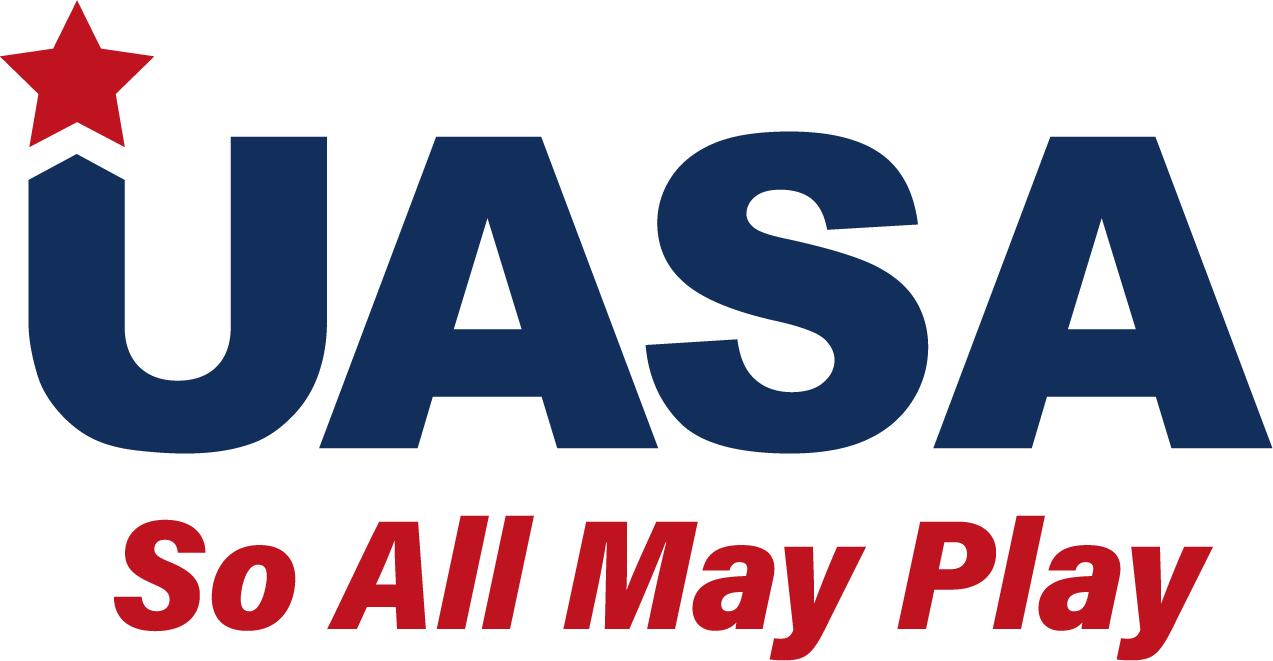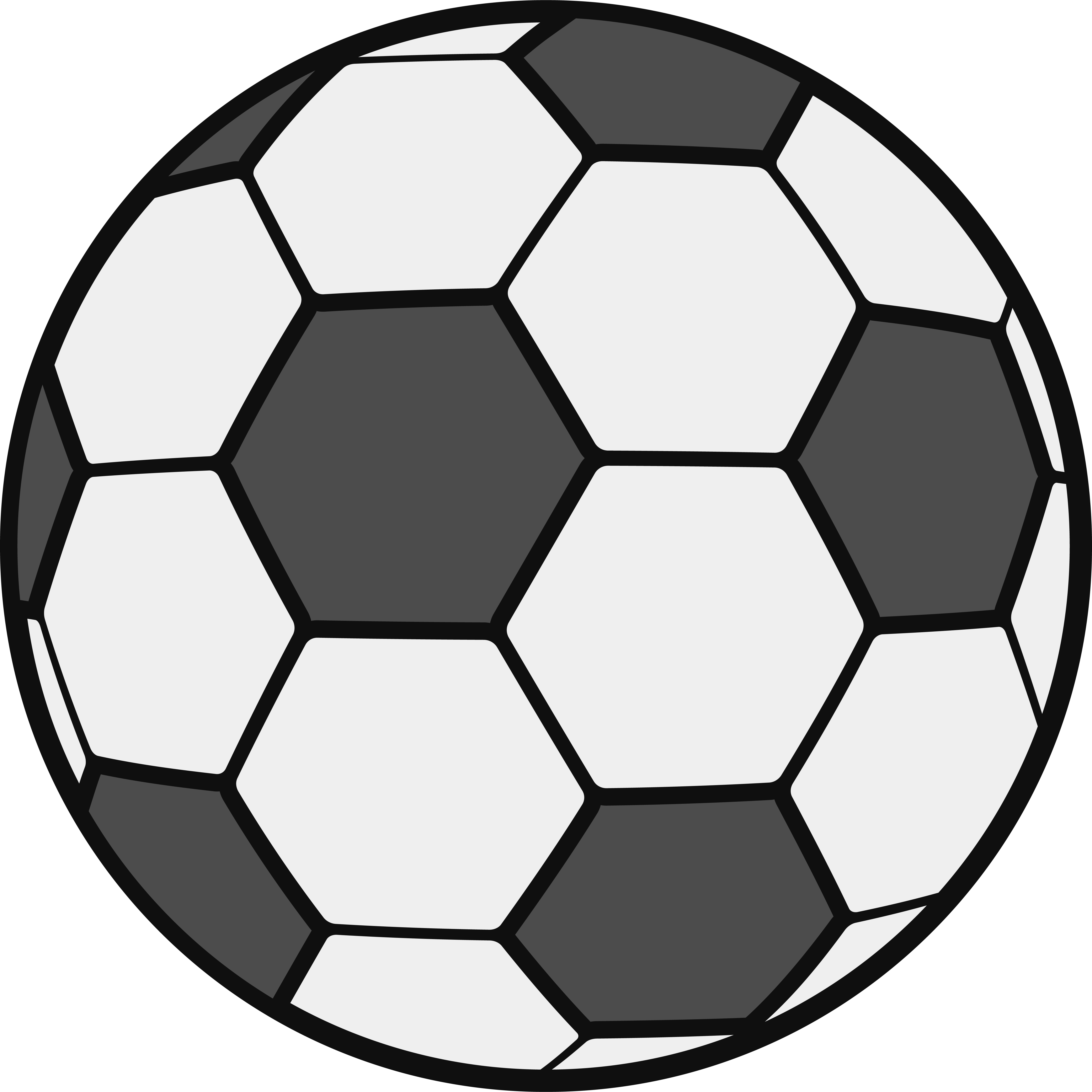About UASA in 2025
In 2025, the United Adaptive Soccer Association (UASA) will advance its mission to create inclusive opportunities for individuals with disabilities through its Play-Share-Educate (PSE) initiative. UASA’s efforts will focus on expanding participation, enhancing equality, and fostering a culture of belonging in adaptive soccer across the United States.
What UASA Will Achieve in 2025
UASA will increase annual player participation by hosting clinics and camps across four or more new states. These events will target underserved regions, ensuring access to adaptive soccer for diverse populations.
At least 20% of participants in 2025 will be new to UASA programs. Outreach efforts will prioritize connecting with individuals from regions lacking existing adaptive soccer pathways or those not yet aware of additional opportunities to play.
UASA will host the first-ever national pan-disability education event, training coaches and referees in classroom and applied settings. This groundbreaking program will equip professionals to lead inclusive practices in their communities and set the tone for functional game play, setting a new standard for adaptive sports leadership.
UASA’s 3rd annual summer camp will combine player training sessions with applied learning for coaches and referees. Participants will experience inclusive environments while gaining practical skills to implement locally. Players of any age, disability impact, gender identity, and skill level will be served to the best of UASA’s ability.
Capitalizing on the FIFA Men’s World Cup, Paralympics, and Women’s World Cup buzz, UASA will amplify its message of inclusion, expand partnerships, and raise awareness of adaptive soccer opportunities nationwide.
How UASA Will Achieve These Goals
UASA will host at least three clinics and one national camp, emphasizing skill development and camaraderie in pan-disability environments. Events will feature tailored programming, accessible venues, and adaptive equipment to meet individual needs.
UASA will use digital resources, such as the Disability Soccer Map, to connect communities with programs and share the stories of athletes, coaches, and referees. Increased social media engagement will inspire broader participation and advocacy. Other resources pertaining to inclusive and accessible event planning and language will evolve as our community does.
The national coaching and referee education event will provide specialized training for professionals, addressing coaching and officiating needs across seven adaptive soccer pathways, including Amputee, Blind, CP, Deaf, Dwarf, and Power Soccer, as well as Down Syndrome Futsal. This initiative will ensure scalable impact by fostering local leadership.
Why UASA’s Work Matters
UASA ensures financial, geographic, and cultural barriers do not prevent participation. By offering free events, offsetting travel costs, and equipping communities with resources, UASA guarantees accessibility for all. Through collaboration with local organizations and adaptive soccer stakeholders, UASA’s efforts will create sustainable systems to expand and sustain adaptive sports opportunities long-term.
In 2025, UASA will continue to redefine adaptive soccer, making it a model of inclusion, equity, and cultural transformation. By growing participation, training leaders, and uniting communities, UASA ensures adaptive soccer is not just a sport, but a movement.

